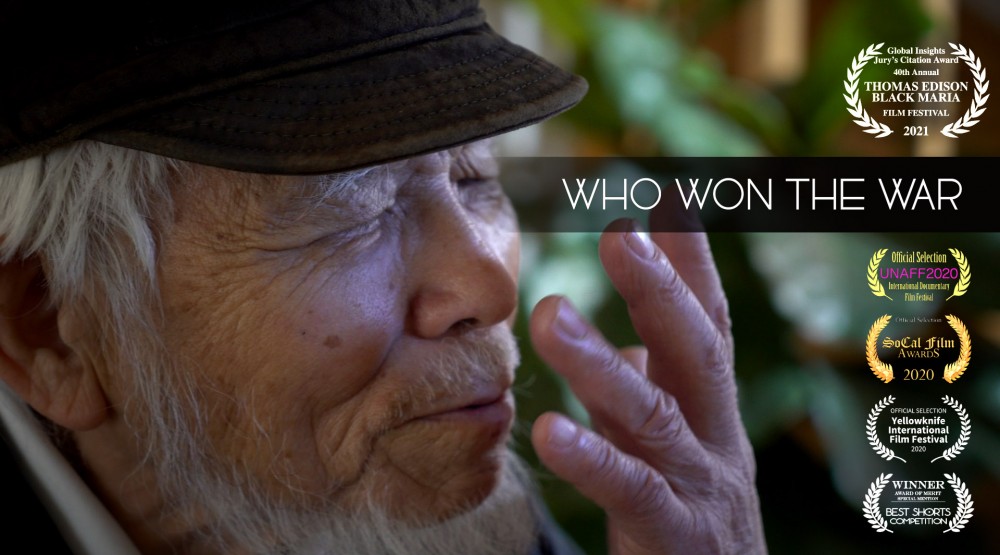
In 1945, at eight years of age, Takashi was within a one mile radius of the blast when he witnessed the nuclear explosion over Hiroshima, an extremely rare class of survivor. It devastated his home town and killed the entirety of his family. In 1956, orphaned and partially blind, Takashi was invited by the American Government to the United States to “regain his health”. As soon as he landed in California, Takashi realized that he had been identified as an eligible subject for experimentation undertaken by the ABCC (Atomic Bomb Casualty Commission) to understand the effects of intense radioactive energy on the human body. Resigned and lonely, Takashi decided to embark on a 30 year journey studying historical archives to understand why Hiroshima happened, and to attempt reconciliation with the past.2020 is the 75th anniversary of the Hiroshima bombing. Much attention will be gathered around the risks of nuclear power, war crimes, and collective trauma. This film reopens the long-standing historical debate about the decision to drop an atomic bomb on civilians: Was it necessary, and morally legitimate? If Hiroshima is a crime against humanity, why was it unpunished? The film also promises to spark conversations around victims’ resentment against a history narrated by the winners; the meaning of surviving an atomic holocaust but living with the endless fear of delayed radiation effects; the social expectations for survivors to forgive a perpetrator.

